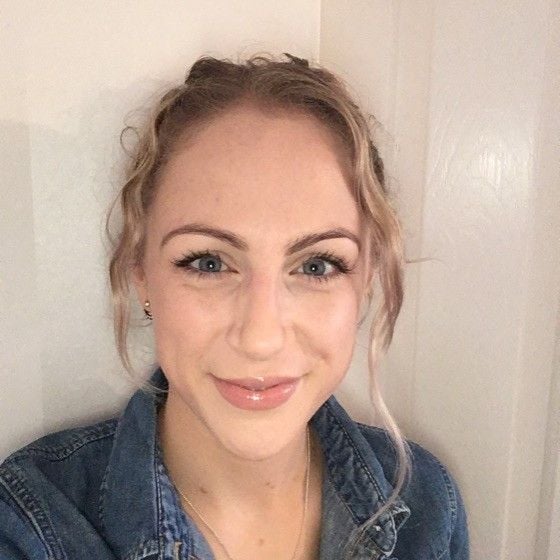NHD STUDENT BLOG SERIES

APPLYING FOR YOUR FIRST DIETETIC ROLE

Siân is now working with the British Dietetic Association as Professional Practice Manager. She previously worked as an Assistant Professor at the University of Nottingham. She has worked in a range of clinical areas, specialising in learning disabilities, palliative care and nutritional support.
Twitter@: siancunningham2
By Siân Cunningham, MSc, RD
Professional Practice Manager, BDA
As a student coming towards the end of your course, completing placements, dissertation and final exams it may feel overwhelming to even consider applying for your first job. For some of you, it may be something you are keen to do, securing your first position as a registered dietitian after all your hard work and studies.
When you choose to apply for your first job is entirely up to you, but it’s good to know if you do want to get going that many past students have applied (and been successful!) for their first position whilst completing their final placements. Employers are often happy to wait a few months for you to complete final exams and get your registration through. Students in the past have worked as dietetic assistants or support workers whilst waiting for their HCPC registration to come through and, for some, this can be a great way to get to know a department and, most importantly, to have some money coming in after years as a student.
Students in the past have worked as dietetic assistants or support workers whilst waiting for their HCPC registration to come through...

GAIN SUPPORT FROM PLACEMENT SUPERVISORS
Your placement supervisors can be a fantastic source of support while you are applying for positions and many will be more than happy to work with you on things to include in your supporting written information, putting together your CV (if potential employers request this) and may even offer you some interview practice (and that all-important feedback!). Don’t be afraid to talk to them about your career aspirations and to ask for some of their insight and wisdom (even if you want to work in a different area than the placement you are on). People are often very happy to share their stories of successful (and unsuccessful) interviews and for you to learn from their experiences, good and bad.
If you do think that you need some time off during placement to attend an interview, most placements (with some notice) will be more than happy to accommodate your request. It’s a great feeling to return to placement with a job offer and to celebrate your success with the people who have supported you on your journey to registration.

START LOOKING DURING YOUR FINAL PLACEMENT
Employers often advertise graduate positions when they know students will be starting to look, so during your final placement it’s worth keeping an eye on the job market to see the types of posts that are available and to familiarise yourself with the application process. If you’re looking in a particular area, or for a specific role, many of the online platforms will allow you to set up a search that will notify you as and when positions become available. It can be exciting (and a little nerve-racking) to see a notification pop up that a position has opened up exactly where you see yourself working! You can also talk to your placement supervisors, particularly if you really enjoy a placement, to find out if they are likely to have positions within the department coming up soon.
You can talk to your placement supervisors, particularly if you really enjoy a placement, to find out if they are likely to have positions within the department coming up soon.
MAKE A CALL AND ARRANGE A VISIT
If you are applying to an area outside of your region of study, it’s worth contacting the department to find out more. As many interviews are now virtual (great for reducing your travel and managing your timetable), it can be harder to get a feel for a department virtually, and may add to nerves; so speaking to and meeting people beforehand can really help. Give them a call to express your interest in the post and ideally arrange a visit. A visit is a great opportunity to get a feel for a place, ask questions to help develop your understanding of the role and find out what they might be looking for –all helping you decide if the job might be a good fit for you.
Whenever you decide to apply, if nerves do run high, remember you have so much to offer, having gained a wealth of up-to-date knowledge during your recent years of study and the skills and experience learnt from your placement!
Finally, don’t worry, no decision is final!

